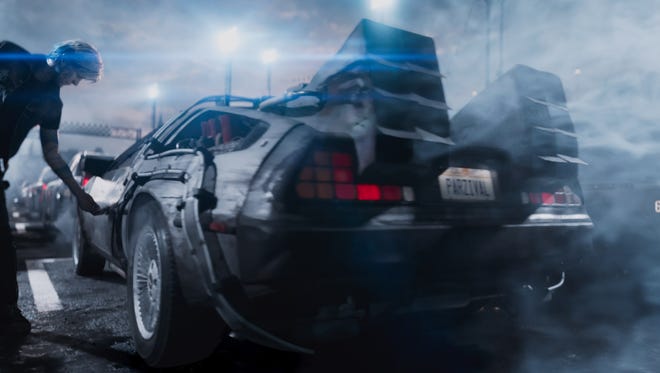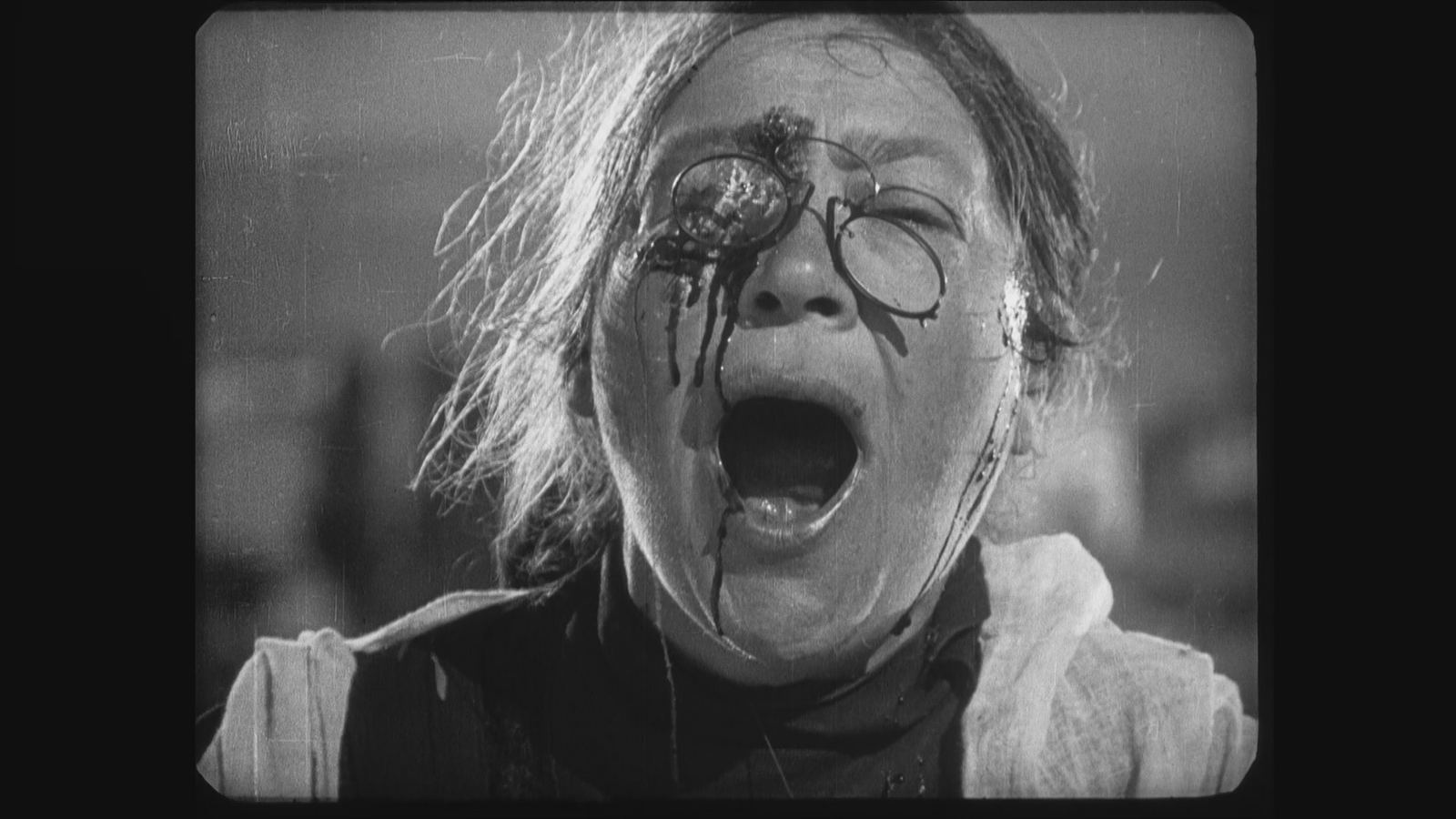The next two films on my hard drive are films you can watch on YouTube (in fact, that's where I watched 1, the subtitles file I had for my copy being a Google translation that drove me crazy in less than 10 minutes).
1 (Pater Sparrow, 2009) - It has the looks of a sci-fi film, and it seems it was advertised as such, but don't go in looking for anything else than a confused allegory. The film is visually pretty nice, with borrowings to caligarism (painted walls, doors and windows to accentuate and texture lights and shadows). As for content, I feel like I should have liked it, both because its premise is fairly complex and because its main theme (the friction between the real and its representation or understanding) is something I really like to juggle with. It's kind of based on a Stanislaw Lem exercice de style I haven't read (One Human Minute, an essay in which Lem proposes the review of a fictional book (One Minute, authored by Johnson & Johnson) about the statistical analysis of a single minute of existence for the whole of mankind). As far as I understand, 1 has nothing of an adaptation of Lem's essay - and who else than Peter Greenaway could even attempt such a feat? - it merely features the fictional book, retitled 1, as the center of its narrative (the police force of a dystopian future, the Reality Defense Institute, investigates how the whole collection of a rare books store was suddenly replaced by copies of a single book, 1). Details like having the police lab, the niche of science, decorated with old movie posters, or having the most fantasy-based-far-fetched character recite lines taken from a real-life philosopher, should have been very interesting and could have been part of a greater and more complex reflexion on the real. But maybe I just didn't get it, always possible. To me, the overall "reality is subjective" angle was disappointing and the whole thing felt like a missed opportunity. 4/10
2084 (Chris Marker, 1984) - Complete opposite. This film looks like crap, but is more complex and meaningful - in 10 minutes - than the Sparrow film even attempted to be. I won't pretend I can decipher the whole thing. To underline the 100th year of the trade unions existence, Marker comments with heavy cynicism what they could or should be like a 100 years in the future. Watched today, in this time of crisis, the gray and black hypothesis - alarmist warnings - sound strangely plausible, even familiar (for example, the overabundance of available images making free press only a burden of more images to chose from). Still, it is very much a minor film for Marker, and I would advocate seeing Sans Soleil (to me one of the most necessary* films of all times) beforehand, to have a better feel of Marker's process here (the sci-fi documentary approach). 6/10
 .
.


